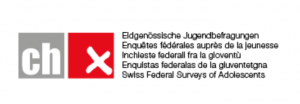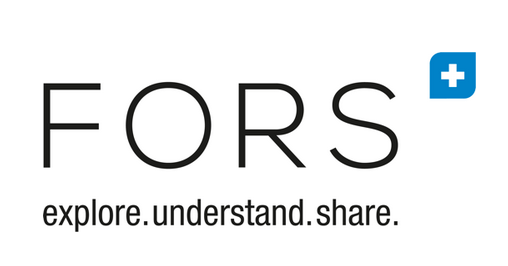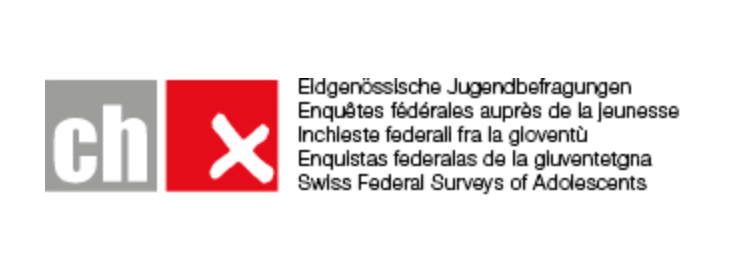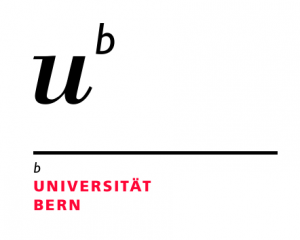The Swiss Educational Data Symposium organised by FORS gave educational researchers an overview of a variety of Swiss datasets that can be obtained via FORS and reused for secondary analyses. Data from the following studies were presented: TREE, PICE, ch-x 2016/2017, DAB, Checks in Bildungsraum Nordwestschweiz (BR NWCH), WiSel and ÜGK.
TREE is a large panel survey following up compulsory school leavers from all over Switzerland through their post-compulsory education and training and into employment and adulthood. The first TREE cohort (TREE1) started in 2000 and has been interviewed ten times to date. The second TREE cohort (TREE2) left compulsory school in 2016. The TREE study is mainly funded be the Swiss National Science Foundation.
PICE (Parental Investment in Children’s Education) is a subsidiary of TREE that deals with the educational pathways of young adults and is particularly interested in how they are accompanied by their families on their way to professional life: PICE wants to analyse what educational aspirations young people in Switzerland have and whether or how they are supported by their parents.
For quantitative data: see TREE, qualitative data will be made available in 2022
In two-year cycles, the Federal Youth Surveys ch-x interview young men who start military service (about 30,000 annually, aged 19) as well as about 8,000 19-year-old Swiss women and, depending on the project, additional women and men of foreign nationality. The content ranges from school and life knowledge to questions about health, sport and quality of life.
Download the ch-x datasets:
Ch-x 2016-2017: https://doi.org/10.23662/FORS-DS-1107-1
Since 2012, the DAB panel study has been collecting longitudinal data on the vocational and educational situation of young people in German-speaking Switzerland. The selected adolescents have been accompanied since their eighth school year and have so far been interviewed in nine surveys about their current educational situation as well as their educational and career aspirations. From a life course perspective, the DAB panel makes a theory-driven and empirical contribution to clarifying relevant issues in the field of vocational education, labor market and occupational research that could not be addressed so far with the longitudinal data available in Switzerland.
Download the DAB dataset
The Checks in Bildungsraum Nordwestschweiz are standardised school performance assessments conducted on the primary (third and fifth grade) and the lower secondary school level (eighth and ninth grade). They were gradually introduced in the cantons of Aargau, Basel-Landschaft, Basel-Stadt and Solothurn since 2013 and are administered annually. The collected data contain school performance data of students alongside some contextual variables as well as response data to the different tasks assigned.
Checks in Bildungsraum/ Standardised School Performance Assessments on Primary and Lower Secondary Level dataset
Bildungsraum Nordwestschweiz: https://doi.org/10.23662/FORS-DS-1261-1
Several longitudinal studies about school-to-work transition exist in Switzerland and other countries. However, there are no school-based longitudinal studies that analyze educational pathways from primary school to dual-track VET and tertiary education or work. The study «Effects of Tracking» (German: Wirkungen der Selektion, WiSel III) continues earlier research on transition from primary school to secondary school (WiSel I and WiSel II), so educational pathways from primary school until five years after graduation from secondary school can be analyzed.
Download the WISel Welle 1-3 datasets
Download the WISel Welle 4-5 datasets
In 2011, the national educational goals were defined as basic competencies in four subject areas (school language, mathematics, natural sciences, foreign languages), which all pupils should have acquired by a certain point in their school careers. The acquisition of these basic competencies is considered a central prerequisite for further educational processes and, beyond that, for the students’ future participation in society.
Against this backdrop, the Überprüfung der Grundkompetenzen (ÜGK) was launched. The surveys examine how well students in Switzerland achieve a particular aspect of the educational goals.
Download the ÜGK 2016 – Mathematik HarmoS 11 dataset
Supported by:















